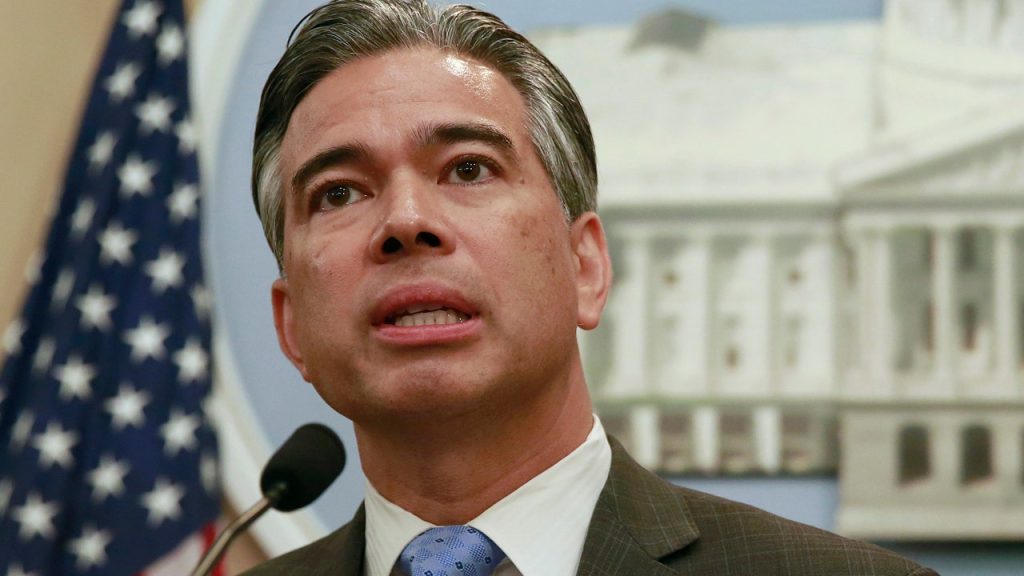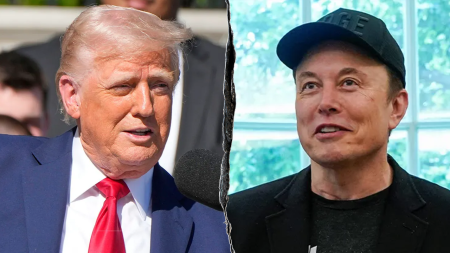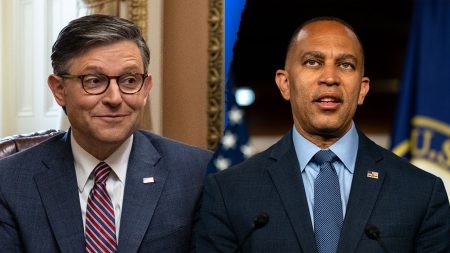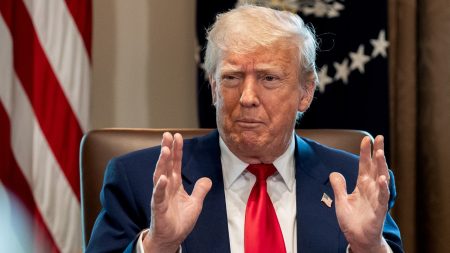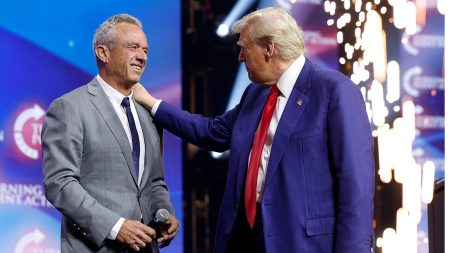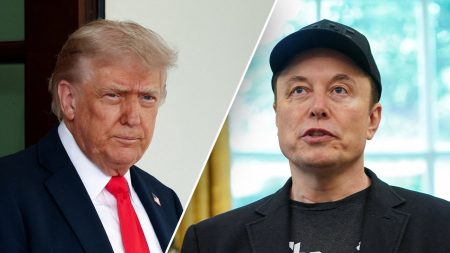California Attorney General Rob Bonta has taken a firm stance against the anticipated immigration policies of former President Donald Trump, issuing guidance to state-run agencies aimed at resisting potential mass deportations. Bonta’s directives, rooted in the 2017 “California Values Act,” restrict state and local law enforcement from participating in federal immigration enforcement activities, with limited exceptions. The guidance emphasizes the protection of immigrant rights and access to essential public services, such as healthcare, education, and libraries, without fear of immigration-related repercussions. Bonta’s position reflects a broader trend among Democratic leaders pushing back against what they perceive as draconian and inhumane immigration policies, setting the stage for a potential legal and political clash over state versus federal authority on immigration matters.
Bonta’s guidance outlines model policies for public institutions to mitigate disruptions caused by immigration enforcement actions. These policies include prohibiting the unauthorized collection or disclosure of information related to an individual’s immigration status and establishing designated personnel to handle immigration enforcement requests. This proactive approach aims to create a firewall between state-run agencies and federal immigration authorities, preventing the creation of a “culture of fear” that might deter immigrants from accessing vital public services. Bonta’s commitment to protecting immigrant rights stems from his personal background as an immigrant who arrived in the U.S. from the Philippines as an infant. He argues that Trump’s immigration policies are not only inhumane but also fiscally irresponsible, highlighting the vital role immigrants play in the American economy and society.
The clash between California’s approach and the potential resurgence of stricter federal immigration policies under a Trump administration sets up a significant conflict. Bonta characterizes Trump’s immigration agenda as “draconian” and his rhetoric as “xenophobic.” He believes that such policies undermine the principles of inclusivity and diversity that California cherishes. This perspective contrasts sharply with the views of those who favor stricter immigration enforcement, highlighting a deep ideological divide on the issue. The legal battles that are likely to ensue will further test the boundaries of state authority in challenging federal immigration policies.
Former House Speaker Kevin McCarthy, a California Republican, criticizes Bonta’s stance, arguing that it makes California a “magnet” for undocumented immigrants, straining state resources and contributing to a large budget deficit. McCarthy suggests that Bonta’s actions are motivated by political ambition within the Democratic party, rather than a genuine concern for the well-being of California residents. He emphasizes the concerns regarding illegal immigration and crime, which he believes played a significant role in Trump’s political success. McCarthy highlights the election of Los Angeles County District Attorney Nathan Hochman, who ran on a tough-on-crime platform, as evidence of public concern over rising crime rates.
McCarthy contends that Bonta’s focus on protecting undocumented immigrants overshadows his responsibility to prioritize the safety and security of California citizens. He questions why Bonta would not want to remove dangerous gang members and drug traffickers, arguing that such individuals pose a significant threat to public safety. McCarthy’s critique reflects a broader perspective among some who believe that sanctuary policies prioritize the rights of undocumented immigrants over the safety of citizens. This ongoing debate underscores the complex and often contentious intersection of immigration policy, public safety, and political ideologies.
The conflicting views of Bonta and McCarthy epitomize the broader national debate on immigration. While Bonta emphasizes the importance of protecting immigrant rights and access to essential services, McCarthy highlights the concerns about the financial burden and potential security risks associated with undocumented immigration. This ideological divide will likely continue to fuel legal and political battles over immigration policy in the years to come, especially if Trump returns to the presidency. The outcome of these battles will have significant implications for the future of immigration in California and the nation as a whole.




